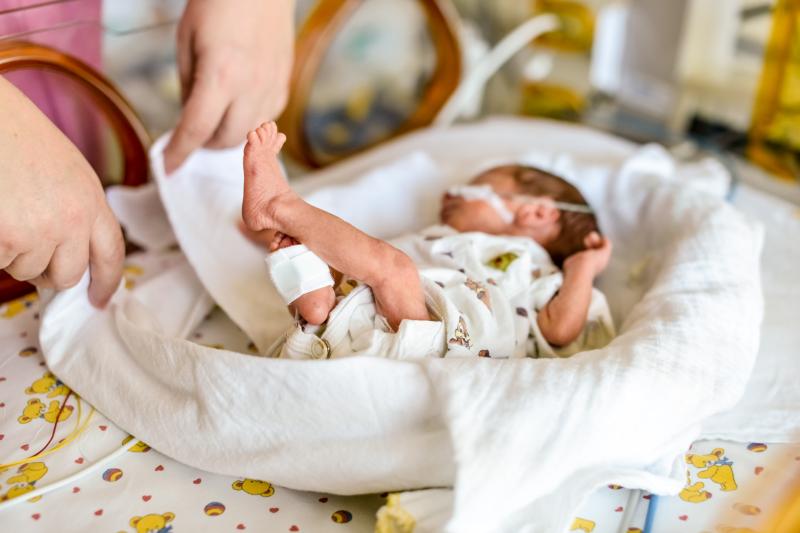
Preterm birth is linked to lowered immune response to hepatitis B vaccine, according to the results of a meta-analysis. On the other hand, low birth weight does not appear to have any impact on immunogenicity.
Researchers searched multiple online databases for studies evaluating the immunogenicity of hepatitis B vaccine in infants born preterm (before 37 weeks of gestation) and with low birth weight (<2,500 g). Infants were defined as nonresponders if their anti-HBs titres were <10 mIU/mL.
Twenty-seven studies (22 cohort, five cross-sectional) were included in the meta-analysis, with a total population of 22,202 infants. The gestational age ranged 23–43 weeks, while birth weight varied between 810 and 4,420 g. The studies were mainly conducted in Europe, Asia, and the Americas. Most studies had relatively low bias on outcome assessment, according to the Newcastle–Ottawa Scale.
Pooled data revealed that infants born preterm had significantly poorer immune responses to the hepatitis B vaccine compared with their full-term counterparts. Preterm birth was associated with a 36-percent higher likelihood of exhibiting nonresponse to the vaccine (odds ratio, 1.36, 95 percent confidence interval, 1.12–1.65; p=0.002).
Although the estimate might be subject to a potential publication bias, the results were stable, as suggested by the leave-one-out analysis and fail-safe number.
There was no association seen between low birth weight and impaired immune response to the hepatitis B vaccine when birth weight was dichotomized at 2,500 g.